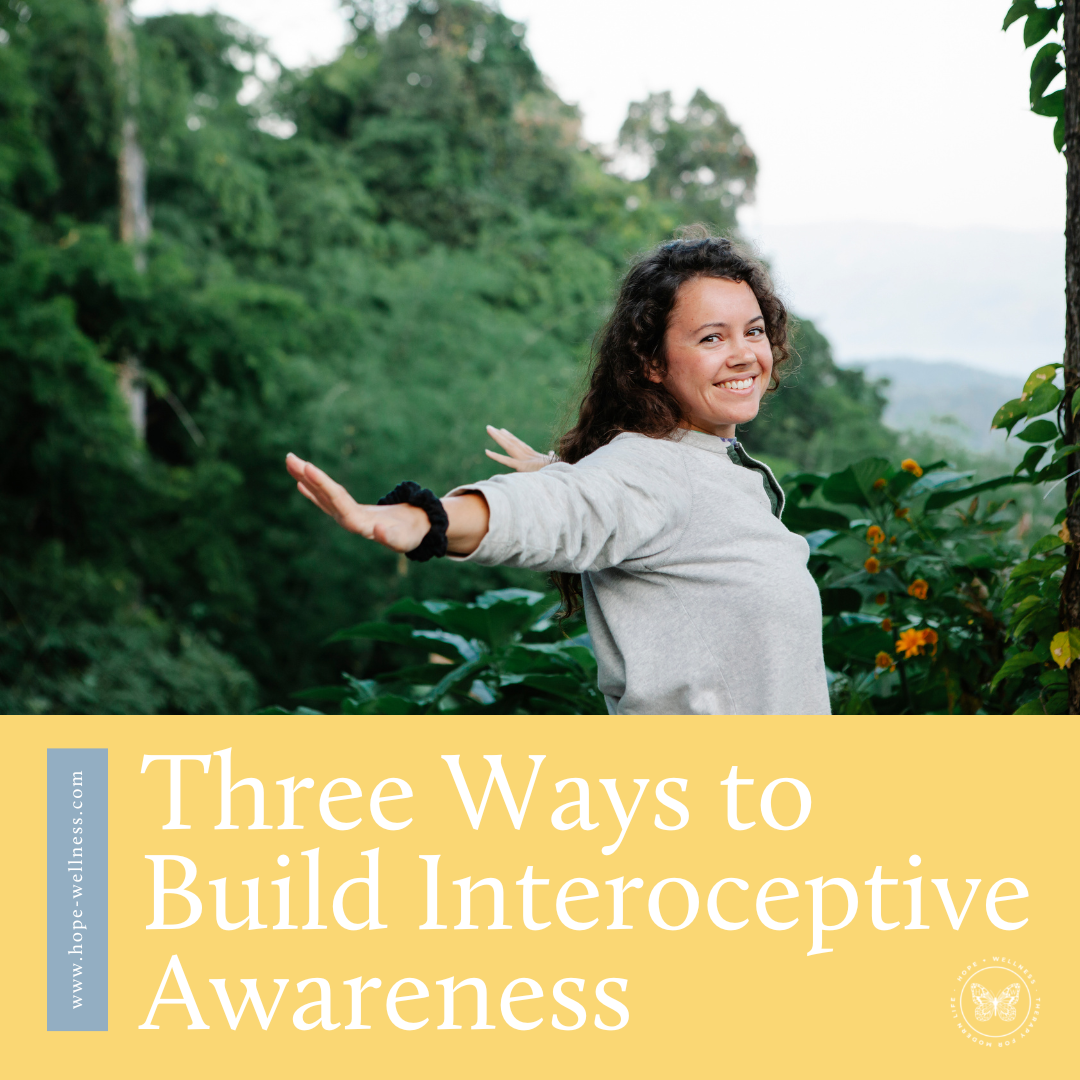3 Things Your Inner Child Needs to Hear from You
What is an inner child?
Have you heard the phrase inner child before? Do you know what it is? Well, it’s exactly what it sounds like! It’s the childhood versions of yourself that you carry with you now. Think about it: as you age you don’t lose those past selves. When you turn eleven, your ten year old self doesn’t stop existing. She’s just now tucked away in the heart of your eleven year old self!
But what does that really mean?
It means that while yes, we may be adults now, sometimes it is not our adult self reacting to what’s happening to us, but the hurt child inside of us. When you feel like you’re “overreacting” or “being crazy” what’s most likely happening is that an old wound from childhood, which never really healed, was activated again. And while your adult self may know logically, you are going to be okay and you don’t need to “freak out” that freak out you’re feeling is your inner child trying to get your attention. They’re shouting “hey! Something’s wrong! Help me!”
Now, this doesn’t mean that every time you’re upset you should think “this is no big deal it’s just the little kid in me freaking out.” In fact the opposite! Minimizing it as just a childlike meltdown won’t help you–it will just brush the problem aside until it comes up again. And it will come up again until the wound is tended to, as you’ve already seen!
Instead, imagine you are standing next to your inner child.
Picture your younger self, at eight years old, at ten, at twelve, etc. Whatever age it is that needs your attention. Think about the hurt they are feeling. Maybe even imagine you’re asking them. Ask them, “what’s wrong? What are you feeling?”
You can have this conversation out loud yourself, or in your head, or in a journal if you find that’s helpful. The most important thing in the process is to show your inner child the kindness and patience you may not have gotten.
If you don’t know where to start, here are 3 things inner child needs to hear from you to facilitate that healing:
I’m glad you’re here.
If you’re carrying around unhealed wounds from childhood, it’s likely you weren’t made to feel safe enough to ask for help. You might have been made to feel like a burden, which may have made it hard or even impossible for you to call attention to yourself when you needed an adult to step up and help you. That inner child inside you–even if they are just “talking” to you–may still have this fear. Welcome them, tell them you’re glad they are there–and you’re glad they shouted loud enough for you to hear them. You are happy to see them, and you want to help.
It’s not fair that you feel this way. Or: It’s not fair that that happened to you.
While you can make space to listen to your inner child, you can’t go back in time and fix whatever hurt them. This can feel painful to realize–for your adult self and your inner child. You can't fix the hurt! That’s natural. But sometimes all we can do, even for ourselves is to acknowledge the hurt. You know as an adult that the way you were treated as a child wasn’t right, but that child in you still doesn’t know. They still think it’s how they deserve to be treated, or that it’s their fault. Letting them know it’s not your fault and it’s not fair can be an incredibly powerful way to start that healing.
I’m proud of you for surviving.
Many of us develop habits in childhood that help us survive our environments–both physically and emotionally. However, some of these habits can be things like protecting your feelings, avoiding vulnerability, trying to predict others feelings or actions, etc. All of these things can help protect a child in an emotionally volatile environment where they are punished for needing support. But as we age, those tools no longer serve us, and what was crucial for survival once now can get in the way of growth and happiness. Instead of resenting the child in you for developing these habits, let them know you’re proud of them for doing what they needed to do to survive. Let them know you understand their hesitation, but that it’s safe now and you’re there to help them drop those habits as they heal.
Talking to your inner child isn’t the only way to work on healing! You can take some time to think about things you liked as a child, what brought you joy and made you feel safe, and incorporate those into your life now to show that inner child they are welcome and safe. You can choose to do things that seem silly because you know they will help feed that inner child. Go rollerskating, paint with your fingers, make some playdough! Your inner child will thank you.









